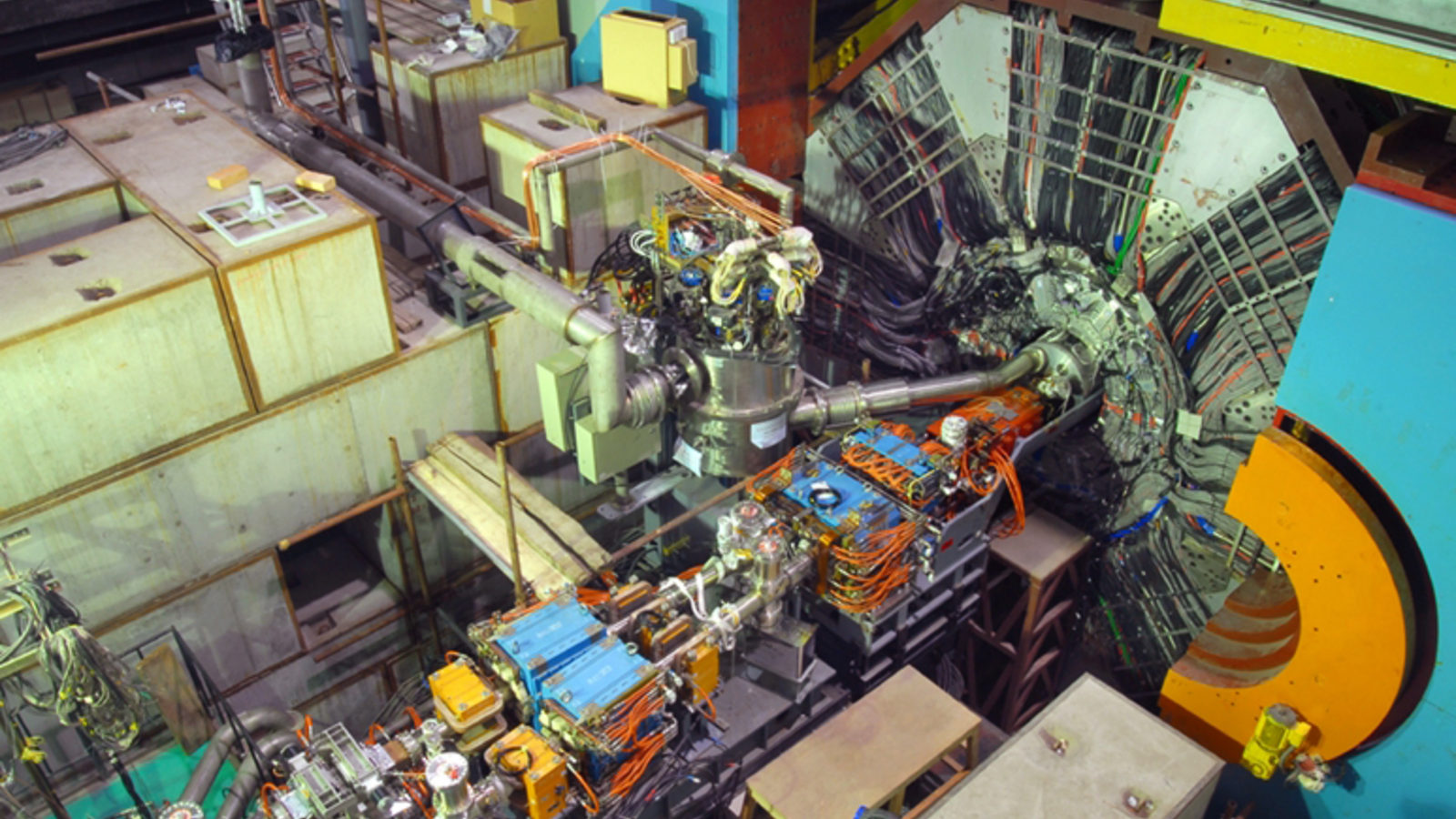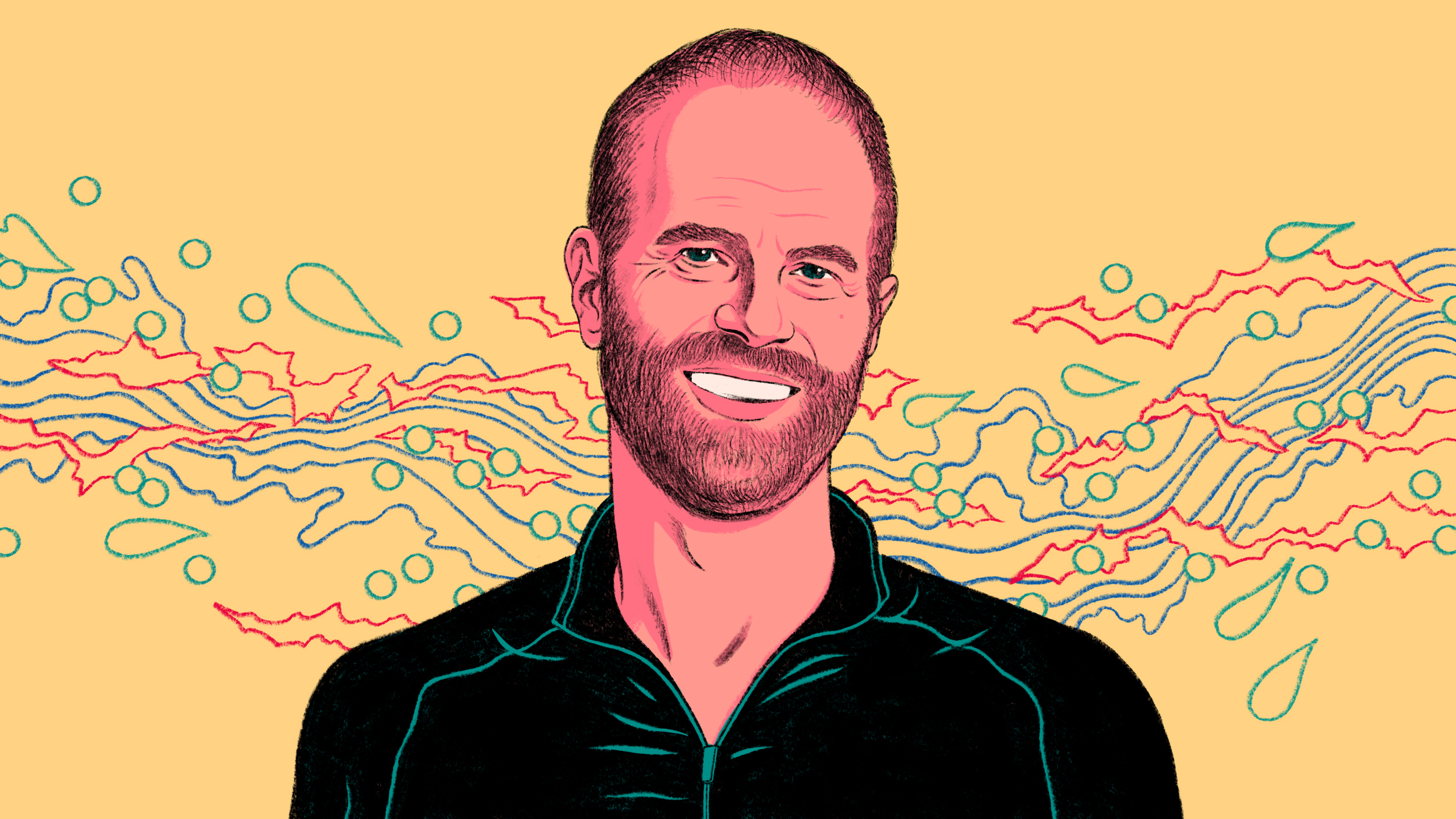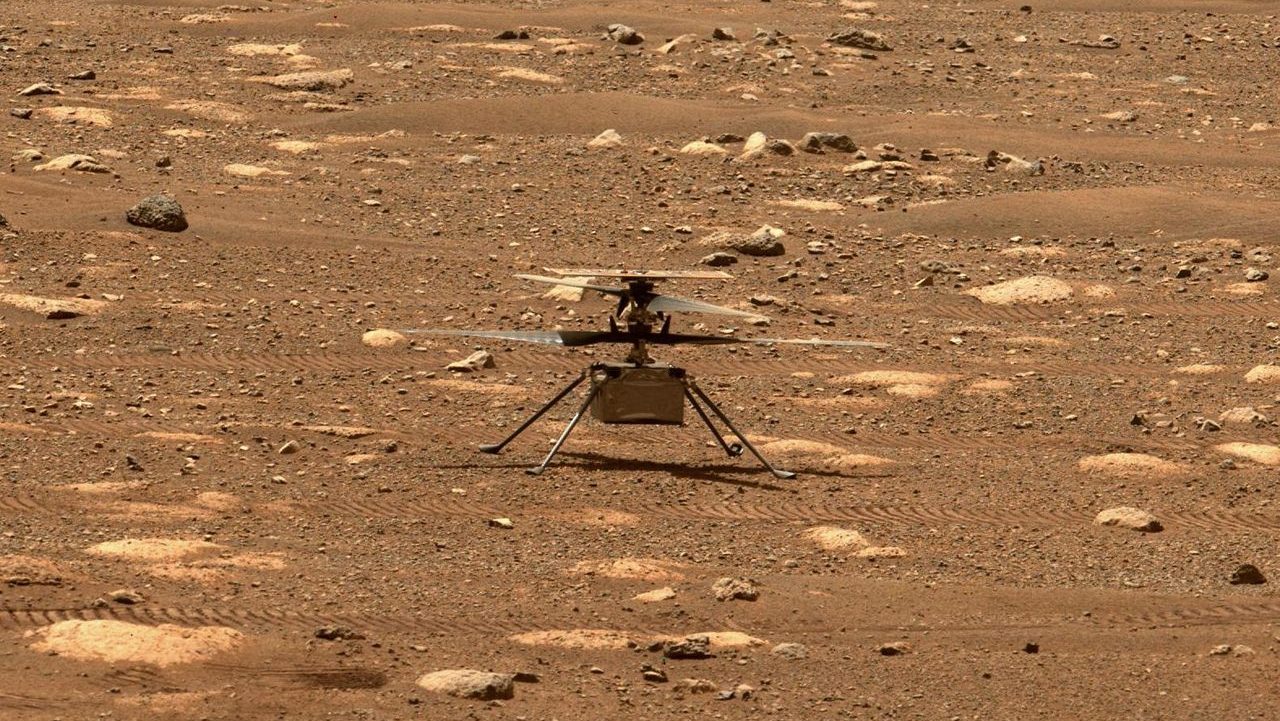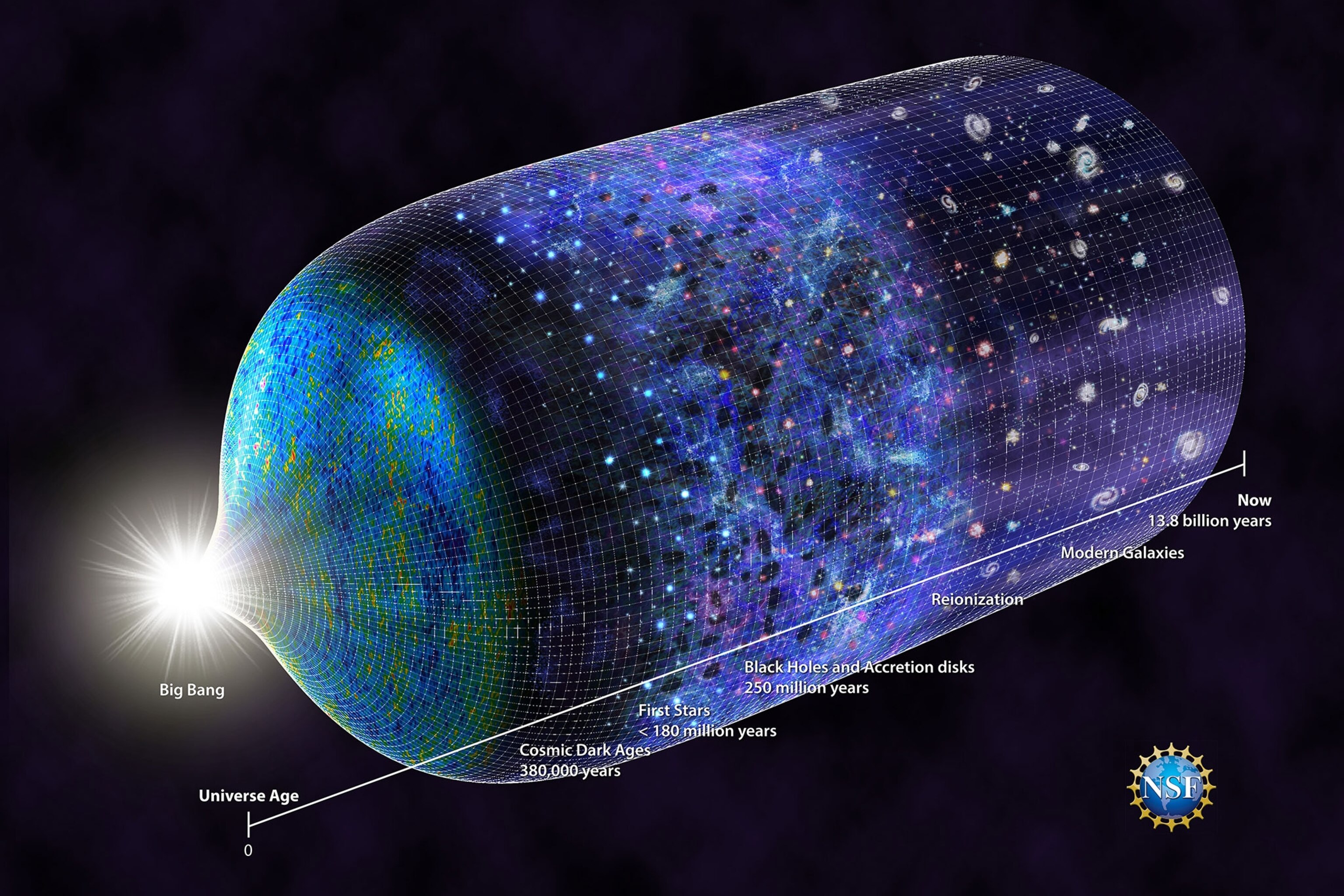MICHIO KAKU: Years ago, we physicists predicted the end of Moore's Law, which says a computer power doubles every 18 months. But we also, on the other hand, proposed a positive program—perhaps molecular computers, quantum computers can take over when silicon power is exhausted. In fact, already we see a slowing down of Moore's Law. Computer power simply cannot maintain its rapid exponential rise using standard silicon technology. The two basic problems are heat and leakage. That's the reason why the age of silicon will eventually come to a close. No one knows when, but as I mentioned we already now can see the slowing down of Moore's Law, and in 10 years it could flatten out completely. So what's the problem? The problem is that a Pentium chip today has a layer almost down to 20 atoms across, 20 atoms across. When that layer gets down to about five atoms across, it's all over. You have two effects, heat. The heat generated will be so intense that the chip will melt. You can literally fry an egg on top of the chip, and the chip itself begins to disintegrate. And second of all, leakage. You don't know where the electron is anymore. The quantum theory takes over. The Heisenberg Uncertainty Principle says you don't know where that electron is anymore, meaning it could be outside the wire, outside the Pentium chip or inside the Pentium chip. So there is an ultimate limit set by the laws of thermodynamics and set by the laws of quantum mechanics, as to how much computing power you can do with silicon.
VERN BROWNELL: I refer to today's computers as classical computers. They compute largely in the same way they have for the past 60 or 70 years, since John Von Neumann and others invented the first electronic computers back in the '40s. And we've had amazing progress over those years. Think of all the developments there've been on the hardware side and the software side over those 60 or 70 years and how much energy and development has been put into those areas. And we've achieved marvelous things with that classical computing environment, but it has its limits too, and people sometimes ask, "Why would we need any more powerful computers?" These applications, these problems that we're trying to solve, are incredibly hard problems and aren't well-suited for the architecture of classical computing. So I see quantum computing as another set of tools, another set of resources for scientists, researchers, computer scientists, programmers, to develop and enhance some of these capabilities to really change the world in a much better way than we're able to today with classical computers.
BRIAN GREENE: A quantum computer is a device, a technological device that in principle would harness the full capacity of quantum mechanics, to undertake calculations that a standard computer would be absolutely unable to achieve. One way of thinking about it is this. There's an approach to quantum mechanics where one imagines that there are many, in some sense, parallel realities moving along in some larger environment, if you will, where, for instance, if I want to measure an electron, quantum theory says, well, there's a 50% chance it's there and a 50% chance it's over there, and then what does that mean? Well, one interpretation says, well, there are actually two universes, and in one universe the electron is here and in another universe it is over there. That's a crazy-sounding idea, but a quantum computer perhaps can harness that by doing some calculations over here and other calculations over there in parallel. Now, it's doing, in some sense, twice as many calculations as a classical computer existing in one world would be able to do. Now, imagine taking that idea and spreading it over all of the possible realities allowed by quantum mechanics. Now, you're harnessing all of these different worlds if you will, to do all of these calculations in parallel much faster, much more powerful, doing calculations that in a single universe would be impossible.
LAWRENCE KRAUSS: Let me briefly describe the difference between a quantum computer and a regular computer at some level. In a regular computer, you've got ones and zeros, which you store in binary form and you manipulate them. Let's say you have an elementary particle that's spinning. If it's spinning, we say it's spinning, it's pointing up or down, depending upon whether it's spinning this way or this way pointing up or down. And so I could store the information by having lots of particles and some of them spinning up and some of them spinning down, right? Ones and zeros. But in the quantum world, it turns out that particles like electrons are actually spinning in all directions at the same time, one of the weird aspects of quantum mechanics. We may measure by doing a measurement of an electron, find it spinning this way. But before we did the measurement, it was spinning this way and this way and that way and that way all at the same time. Sounds crazy, but true. Now, that means if the electron is spinning in many different directions at the same time, if we don't actually measure it, it can be doing many computations at the same time. And so a quantum computer is based on manipulating the state of particles like electrons so that during the calculation, many different calculations are being performed at the same time, and only making a measurement at the end of the computation. So we exploit that fact of quantum mechanics that particles can do many things at the same time to do many computations at the same time, and that's what would make a quantum computer so powerful.
BRAD TEMPLETON: The rules of quantum mechanics are rather strange and not very intuitive to us, and so they don't act like the higher-level rules that we've built computers on so far. So there's a bunch of research to study whether or not you can do things in quantum mechanics that perform computation in ways that we can't do at the level of mechanical systems or electronic systems that we use. In particular, it seems possible in theory to do very, very huge amounts of computing in quantum mechanics, sort of as some people would imagine it as though you were tapping into millions and trillions and billions of parallel universes and having computation take place in all of those parallel universes until an answer is found in one and is revealed to you in your universe. There are people who believe that they can make a computer that uses these properties of quantum computing to solve some very, very specific problems much, much faster than the way we solve them there with computers. And when I say much, much faster, so much faster that if you were to turn the entire universe into an ordinary computer like the one on your desk, it still could not out-compete the quantum computer at solving these problems.
MICHIO KAKU: Now, quantum computing in some sense is the ultimate computer, but there are enormous problems with quantum computing. The main problem is decoherence. Let's say I have two atoms and they vibrate in unison. If I have two atoms that vibrate in unison, I can shine a light wave and flip one over and do a calculation, but they have to first start vibrating in unison. Eventually, an airplane goes over; eventually, a child walks in front of your apparatus; eventually, somebody coughs, and then all of a sudden they're no longer in synchronization. It gets contaminated by disturbances from the outside world. Once you lose the coherence the computer is useless.
LAWRENCE KRAUSS: In order to have a quantum mechanical state where you can distinctly utilize and exploit those weird quantum properties, in some sense, you have to isolate that system from all of its environment, because if it interacts with the environment, the quantum mechanical weirdness sort of washes away, and that's the problem with a quantum computer. You wanna make this microscopic object, you wanna keep it behaving quantum mechanically which means isolating it very carefully from within itself, all the interactions and the outside world, and that's the hard part, is isolating things enough to maintain this what's called quantum coherence.
VERN BROWNELL: You need to create a very quiet, clean, cold environment for these chips to work in. And ultimately what we're building is a quantum computer on a chip that's about the size of your fingernail in this very exotic environment. So that environment runs at near absolute zero. So absolute zero, as you know, is the lowest temperature possible in the universe, it's so-called zero degrees Kelvin. So these machines run at a very low temperature so that they can have that pristine, very clean, quiet environment to run in, it doesn't disturb that quantum computation. And in fact, it runs down at what's called 10 milliKelvin, which is 0.01 Kelvin. Absolute zero is zero degrees Kelvin. So this is running at minus 273.14 degrees C, and the lowest possible temperature in physics is minus 273.15 degrees C. So very, very cold, very, very rarefied environments, because we also running in effectively a magnetic vacuum. So you could consider these environments, these rigs that we've built, these systems that we've built, to be probably the most rarefied environments in the universe unless there's other intelligent life in the universe that has, you know pure, colder environments. For instance, outer space is 150 times warmer than the environment that we build for these quantum computations.
So you may ask why do we go through all this trouble? The answer is the promise of quantum computing is exponential speed-ups over classical computing for a particular set of problems. And that's very important and exciting to researchers who are working on human-scale problems ranging from things like developing drugs for cancer or better modeling the molecular interactions of cancer and how it attacks cells and things like that, to big data analysis, looking for patterns and inferences and drawing insight from large amounts of data, or doing things like better modeling financial services markets and better managing risk and so on. So these are all kinds of applications that aren't particularly well-suited by today's type of computers, and it's not a replacement for classical computing. It will be used in what I would call a hybrid approach, where you're gonna see both the capability that's already been built in the high-performance computing and other types of computing markets working very closely with quantum computing resources.






